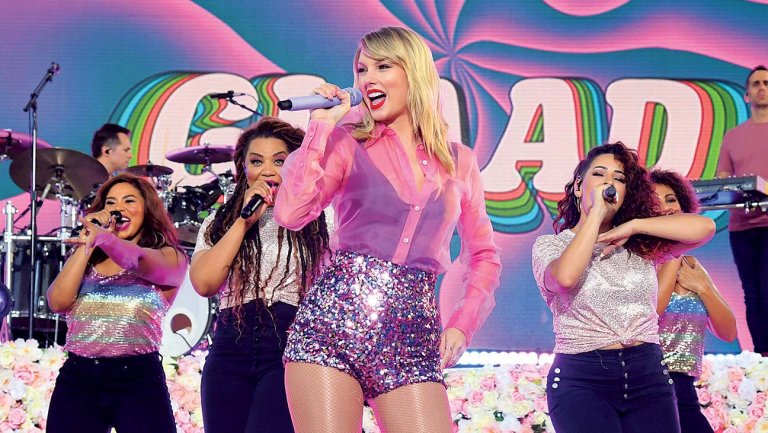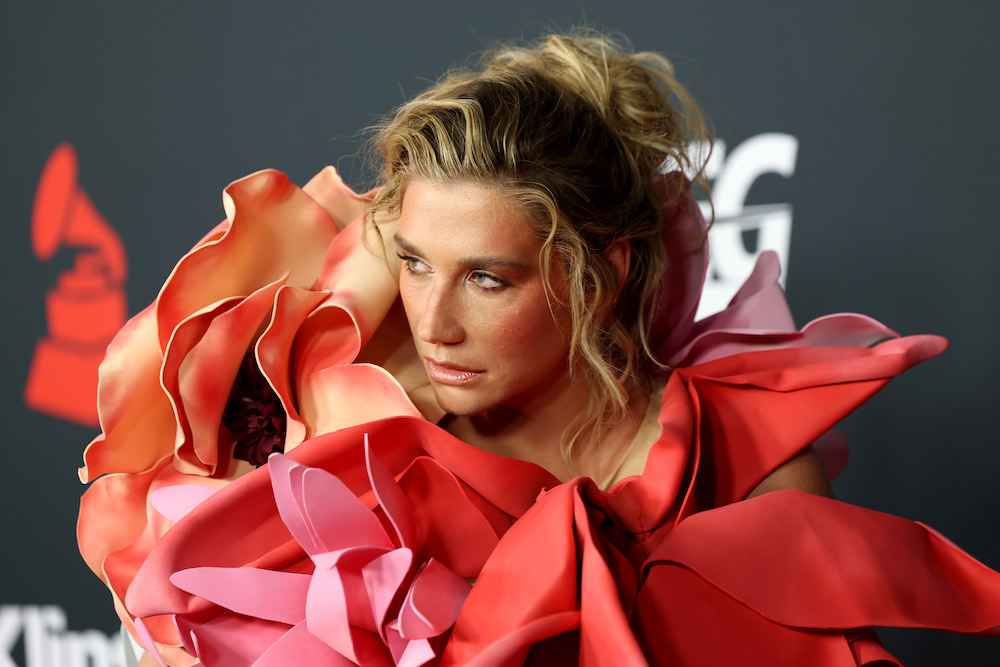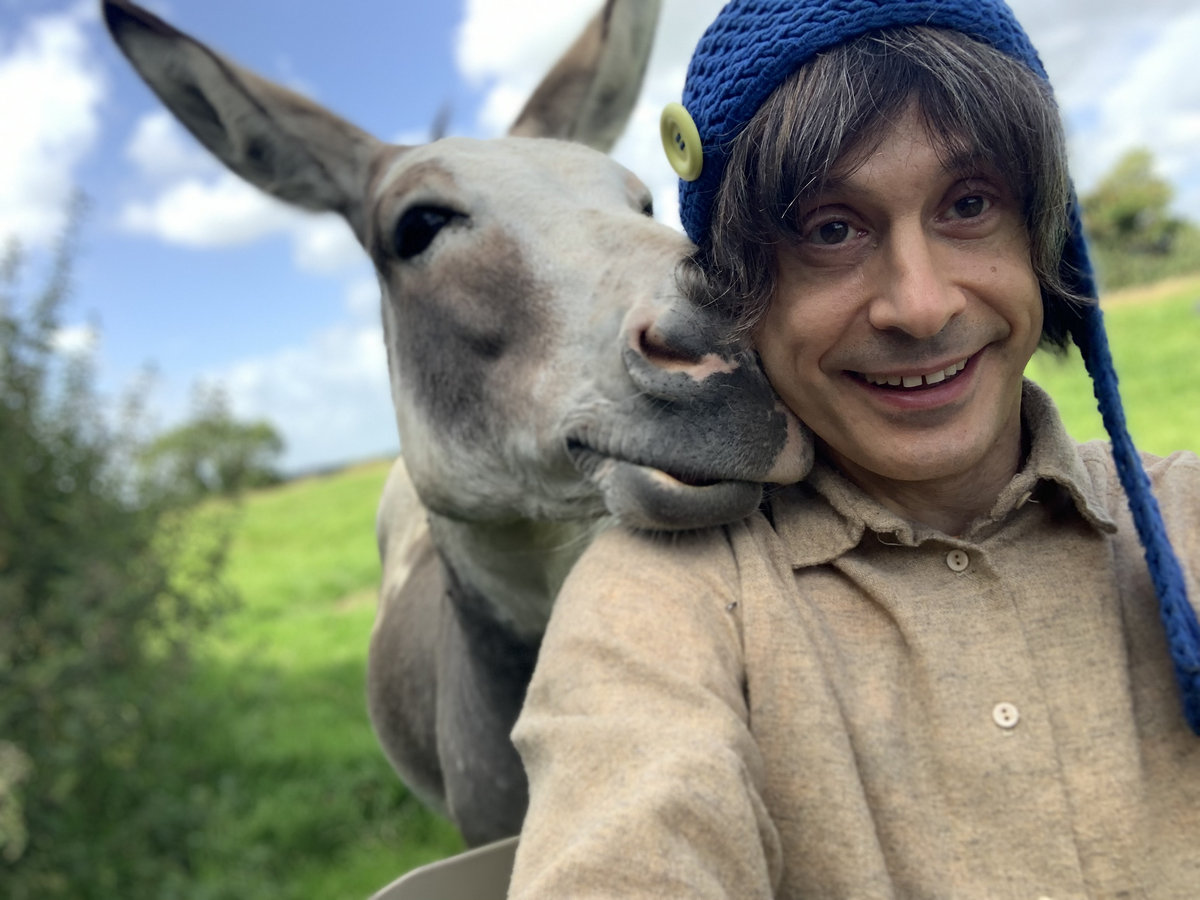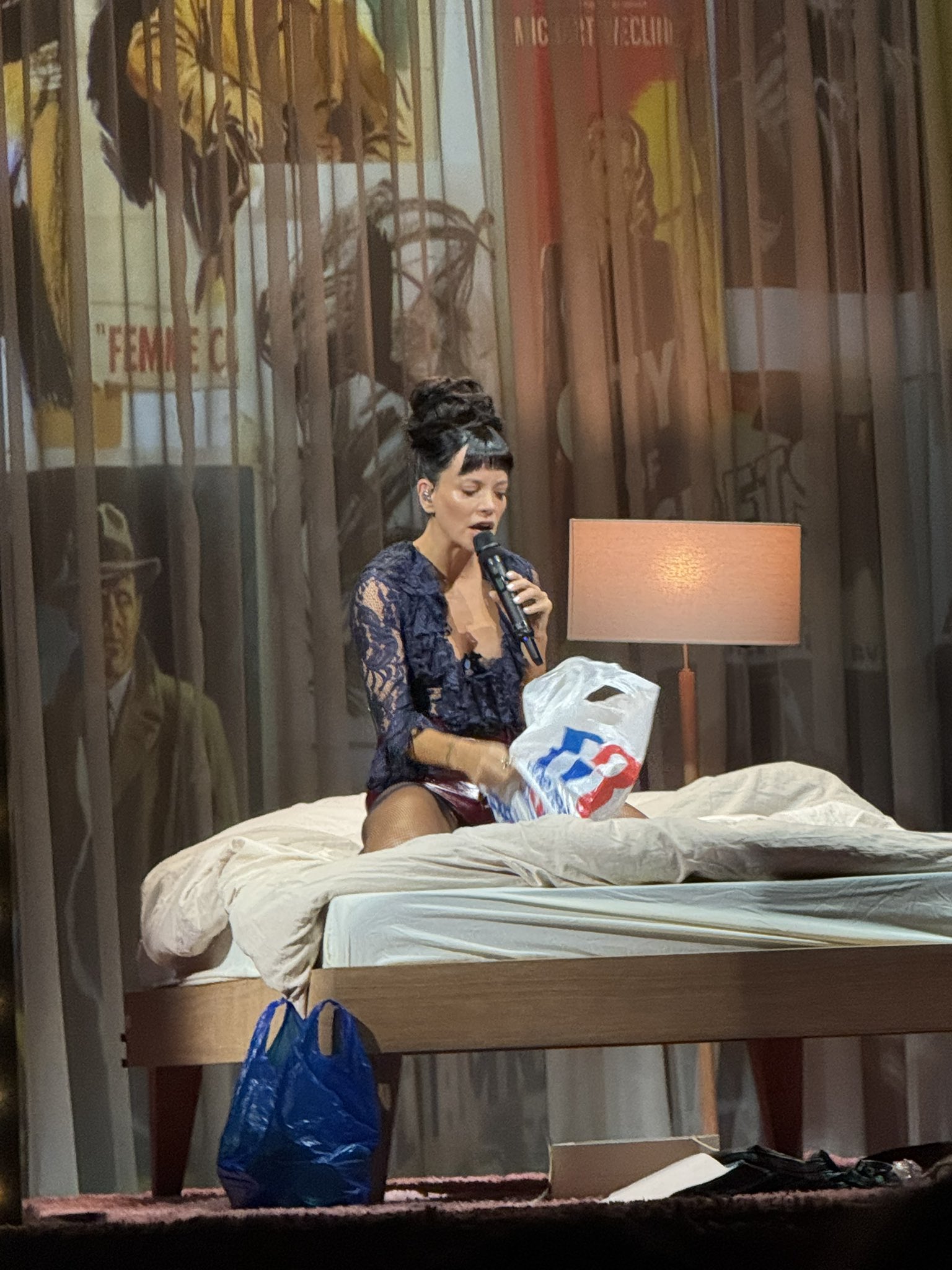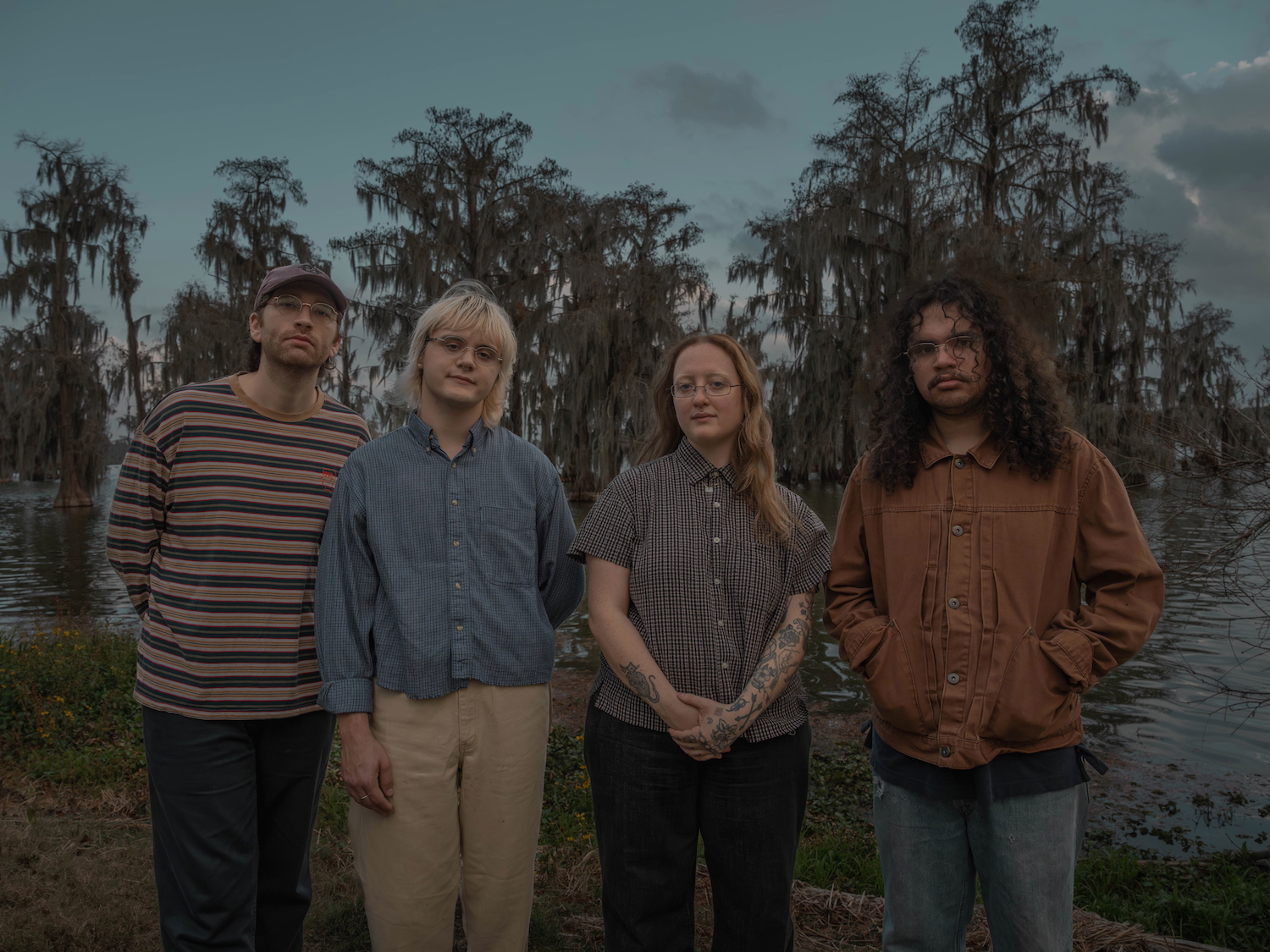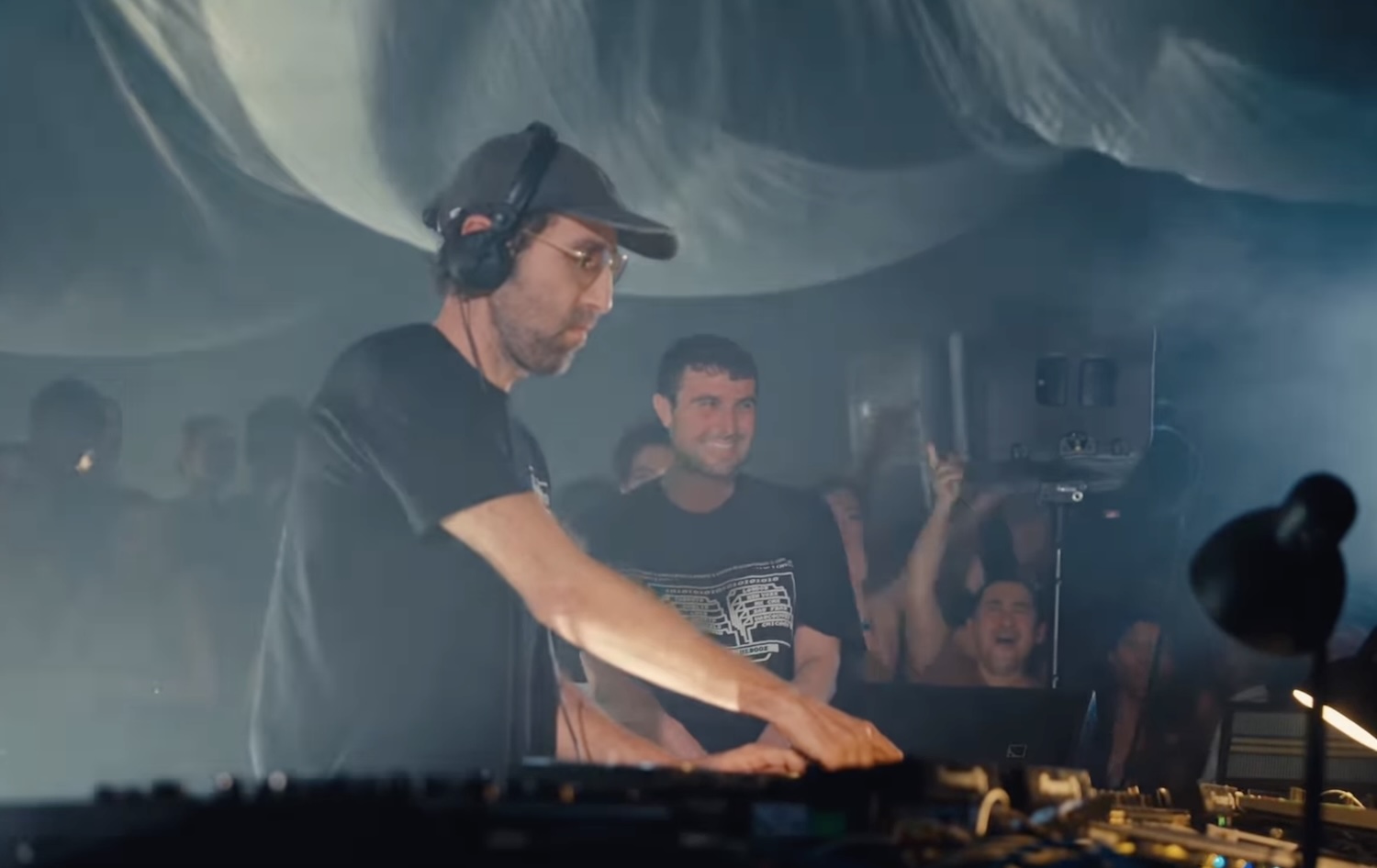Does Taylor Swift believe there are haters at the Ninth Circuit Court of Appeals? Because on Monday, in a bit of a surprise, the federal appellate court revived a copyright lawsuit brought by two songwriters over Swift's mega-hit "Shake It Off."
Sean Hall and Nathan Butler sued Swift, claiming her song stole their lyrics from a 2001 work titled "Playas Gon' Play," recorded by 3LW.
"Playas, they gonna play/ And haters, they gonna hate," went the plaintiffs' song, compared to the chorus of "Shake It Off" where Swift sang, "Cause the players gonna play, play, play, play, play/ And the haters gonna hate, hate, hate, hate, hate.”
In February 2018, US District Court Judge Michael W Fitzgerald wasn't impressed with the plaintiffs' complaint, writing, "It is hardly surprising that Plaintiffs, hoping to convey the notion that one should persist regardless of others' thoughts or actions, focused on both players playing and haters hating when numerous recent popular songs had each addressed the subjects of players, haters, and player haters."
The federal judge added that "combining two truisms about playas and haters, both well-worn notions as of 2001, is simply not enough," concluding, "In sum, the lyrics at issue -- the only thing that Plaintiffs allege Defendants copied -- are too brief, unoriginal, and uncreative to warrant protection under the Copyright Act."
A three-judge panel of Ninth Circuit judges says this conclusion was premature.
"Originality, as we have long recognized, is normally a question of fact," states the latest decision before the judges quote the late Supreme Court justice Oliver Wendell Holmes Jr., who once wrote, "It would be a dangerous undertaking for persons trained only to the law to constitute themselves final judges of the worth of pictorial illustrations, outside of the narrowest and most obvious limits."
"Justice Holmes' century-old warning remains valid," continues Monday's ruling. "By concluding that, 'for such short phrases to be protected under the Copyright Act, they must be more creative than the lyrics at issues here,' the district court constituted itself as the final judge of the worth of an expressive work. Because the absence of originality is not established either on the face of the complaint or through the judicially noticed matters, we reverse the district court's dismissal."
The case is remanded back to a district court for further proceedings.
[videoembed size="full_width" alignment="center"][/videoembed]
[videoembed size="full_width" alignment="center"][/videoembed]
This article originally appeared at The Hollywood Reporter.
